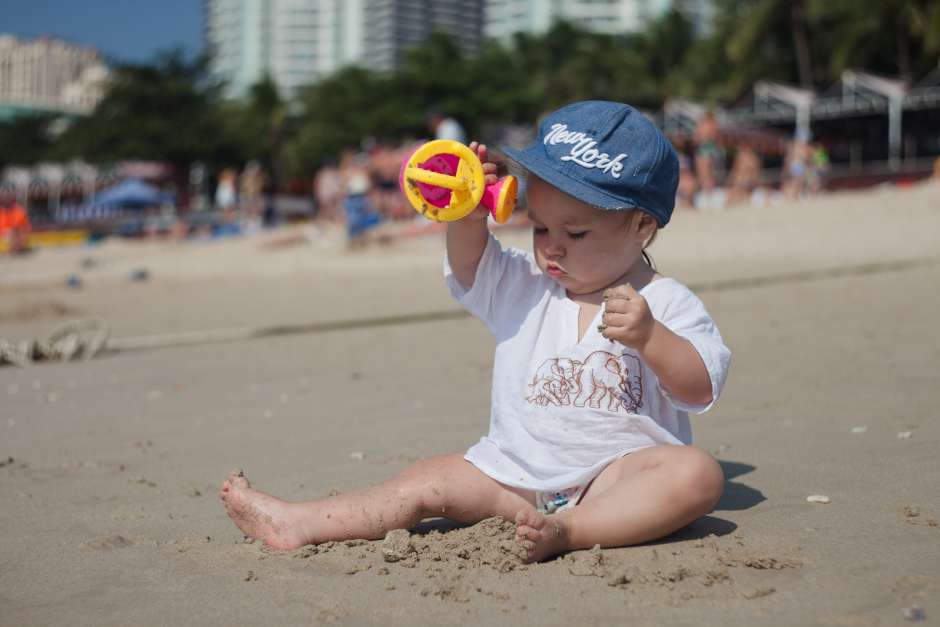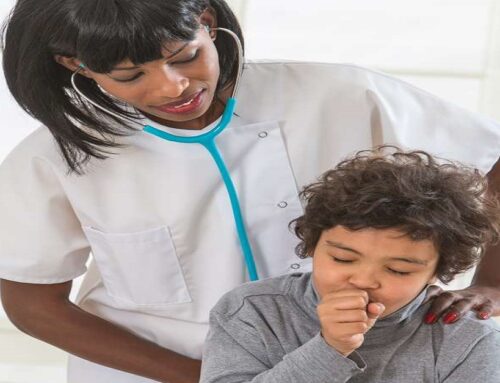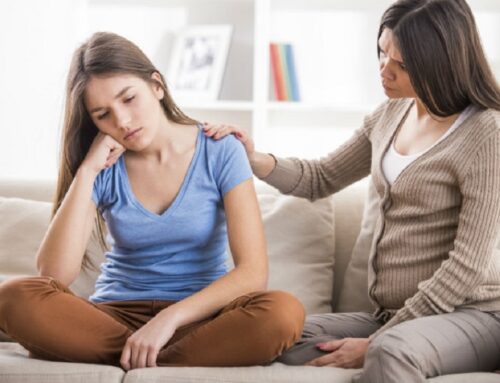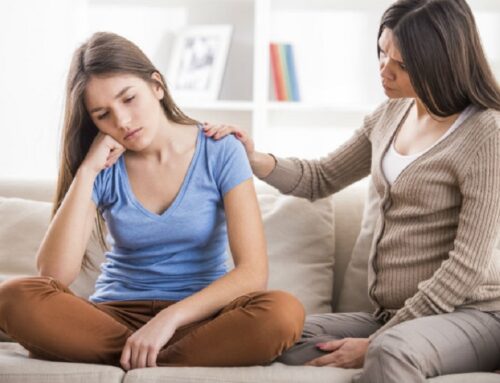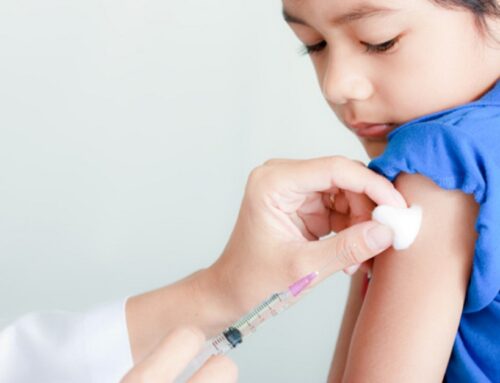How Should We Take Care of Our Children in This Summer Heat?
We have added all content for the summer that is getting closer. Longer days, sunlight and a more pleasant temperature makes us organize trips
to parks, beaches and outdoor places to spend pleasant moments with family and friends.
Our children have less capacity and endurance for temperature than adults so it is necessary for parents to keep heat in check. Hydration is very important mainly when we go to the beaches or when children spend many hours in the water playing under the sun.
Body temperature remains normal when there is a balance between the load of calories to which we are exposed and how we can dissipate it. There are four ways we use to dissipate the heat to which we are exposed:
- Evaporation
- The radiation
- Driving
- Convection
Children respond very differently to exposure to heat as compared to adults, which means they have an increased risk of heat illness, especially if they are 0 to 3 years old.
Effects of Exposure to Heat in Children:
- Dehydration
- Sweating
- Thirst
- Fatigue
- Weakness
- Headache
- Accelerated heartbeat
- Dizziness
- Nausea and vomiting
- Loss of knowledge
- Mental confusion
- Low blood pressure
Treatment
If your child has one of the mild symptoms, you should immediately stop doing any activity you are doing at that moment and move your child to a cool environment, remove his/her clothes and make them drink fluids. If your child has more severe symptoms in addition to doing the above, you should contact 911 for your child to be transferred to the hospital where they will take the temperature, ensure an intravenous line and supply fluids through the veins to hydrate and perform blood tests.
Prevention
The best treatment is to prevent and prepare for hot days. If you are going to have an outdoor activity this summer, please:
- Check well the place where the children will play: that it is covered by the shade or that it has a place where they can cool several times during the day.
- Dress them with fresh clothes.
- Keep them hydrated: you must maintain a scheduled for children to drink liquids.
-Dr. Denise Núñez is a pediatrician and founder of the Niño de la Caridad Foundation in the Bronx

